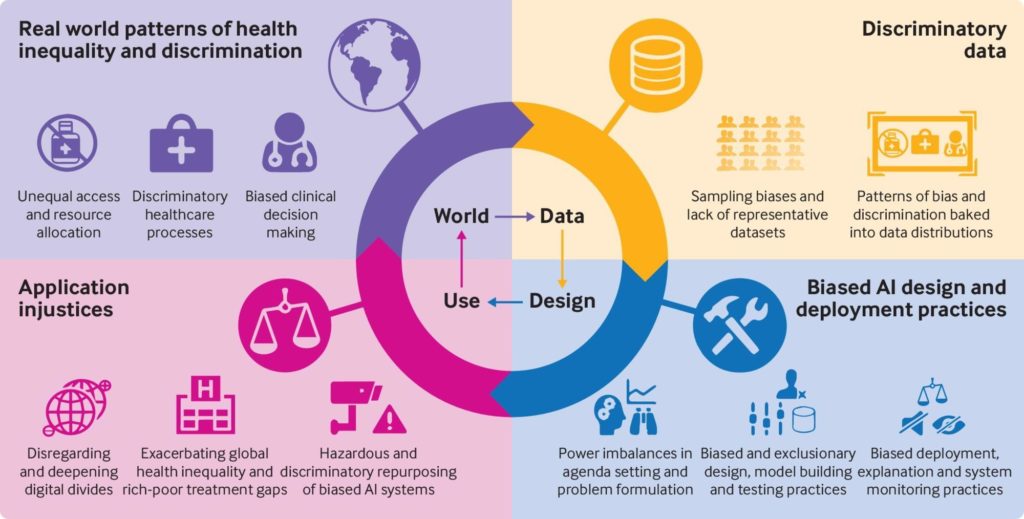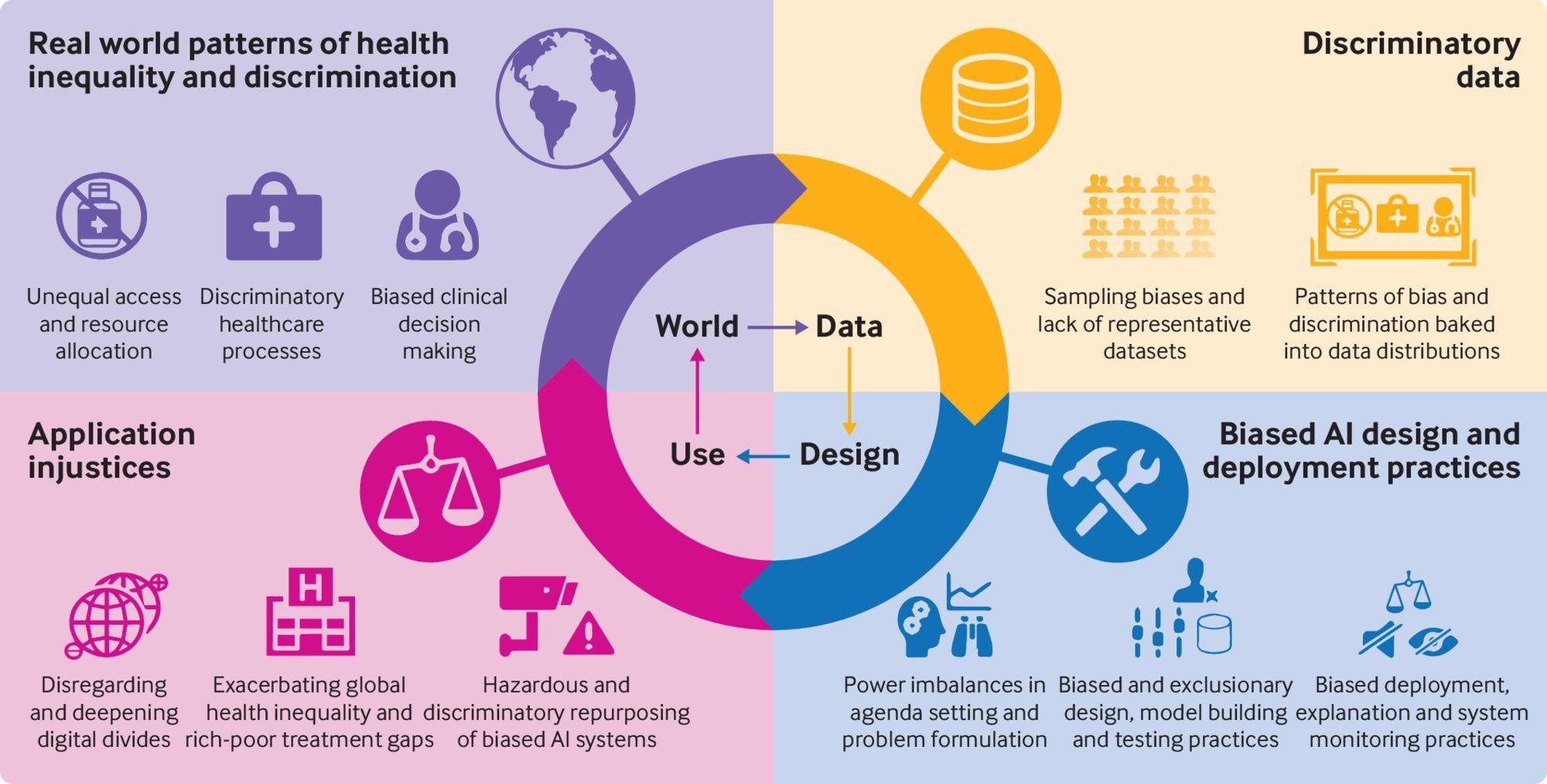Introduction
In the age of rapidly advancing technology, artificial intelligence (AI) holds great promise to transform industries and shape our future. However, as AI becomes increasingly integrated into various aspects of our lives, it is crucial to address the biases that can inadvertently perpetuate inequality. Bias in AI algorithms can significantly impact gender, race, and age, reinforcing societal prejudices and exacerbating discrimination. In this opinion piece, we will explore the challenges posed by bias in AI and discuss the University of Business Innovation and Sustainability’s commitment to incorporating the United Nations’ Sustainable Development Goals (SDGs) in its curriculum, including strategies to mitigate bias.
Understanding Bias in AI
AI algorithms learn from vast amounts of data, making decisions and predictions based on patterns found within the data. However, if the training data reflects societal biases, the AI system will replicate and amplify these biases, leading to discriminatory outcomes. Bias can manifest in various ways, such as gender-based discrimination in job recruitment, racial profiling in law enforcement, or age-based exclusion in financial services. Recognizing and addressing these biases is crucial for building a fair and inclusive society.
The Role of the United Nations’ Sustainable Development Goals
The United Nations’ SDGs serve as a blueprint for a sustainable future, encompassing 17 goals that aim to address global challenges, including inequality. The University of Business Innovation and Sustainability (UBIS) recognizes the importance of these goals and incorporates them into its curriculum. By integrating the SDGs into its educational programs, UBIS equips students with the knowledge and skills needed to tackle bias in AI and contribute to a more equitable society.
 Recommendations to Reduce Bias in AI
Recommendations to Reduce Bias in AI
- Diverse and Representative Data: To minimize bias, AI algorithms should be trained on diverse and representative datasets. UBIS can encourage its students to critically analyze data sources, ensure inclusivity, and actively seek out underrepresented voices when developing AI models. By promoting diversity in data collection, we can help eliminate systemic biases and enhance the accuracy and fairness of AI systems.
- Transparent and Explainable AI: Promoting transparency in AI algorithms is crucial for combating bias. UBIS can emphasize the importance of developing AI systems that provide clear explanations for their decision-making processes. This transparency enables users and regulators to identify and address biases effectively. Incorporating courses on algorithmic accountability and ethics in AI can help foster a responsible approach towards AI development.
- Continuous Monitoring and Evaluation: Bias in AI systems can emerge over time, requiring ongoing monitoring and evaluation. UBIS can encourage its students to adopt a proactive approach to detect and rectify bias in AI systems regularly. By regularly assessing the performance and impact of AI algorithms, we can identify and rectify biases, ensuring that they align with the principles of fairness, equality, and social justice.
- Ethical Frameworks and Regulation: Establishing ethical frameworks and regulations that govern the development and deployment of AI systems is crucial. UBIS can educate its students on the ethical implications of AI and the importance of adhering to guidelines and regulations. Encouraging interdisciplinary collaboration between computer science, law, and social sciences can foster an understanding of the legal, ethical, and social considerations surrounding AI.
Conclusion
Bias in AI poses significant challenges in achieving gender, race, and age equality. However, by incorporating the United Nations’ Sustainable Development Goals into its curriculum, the University of Business Innovation and Sustainability is taking a proactive stance to address these biases. Through diverse data collection, transparent AI systems, continuous monitoring, and ethical frameworks, UBIS is nurturing a new generation of AI practitioners committed to reducing bias and creating a more inclusive and equitable future. By working collectively, we can harness the power of AI to promote social progress, challenge discriminatory practices, and build a world.
Comments are closed.

